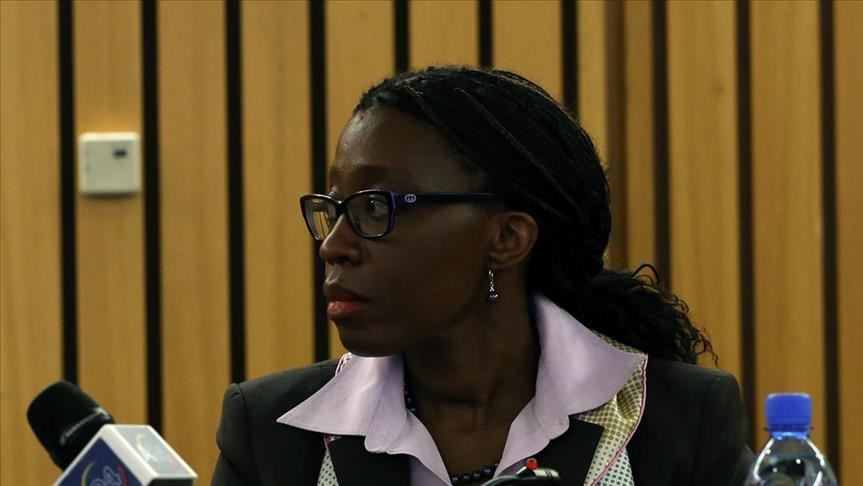UN official cautions Ethiopia against debt burden
Prime Minister Abiy Ahmed claims his economic reforms will propel Ethiopia to become African icon of prosperity by 2030

ADDIS ABABA, Ethiopia
A UN official on Monday cautioned Ethiopia to manage its foreign debt, while undertaking economic reforms it has launched, to rectify the macroeconomic imbalance.
The Executive Secretary of the UN Economic Commission for Africa (ECA) Vera Songwe, said if the foreign debt continues at the current rate, the country will encounter a debt distress.
“Ethiopia should work to reduce its debt. It has been done before by many countries,” she said, citing the experiences of China, Vietnam and Laos.
She said these countries build their economies from the scratch, over past four decades.
Ethiopia, in the Horn of Africa, is a rugged, landlocked country with a mixed and transition economy. Home to more than 100 million people and with high population growth rates, it is projected to be among the world’s 10 most populous countries by 2050.
According to Ethiopian Finance Ministry, the country’s debt amounted to $52.57 billion, until March 2019. Out of which $26.93 billion was external debt.
“The question of efficiency, the ease of doing business and access to electricity, are some of the areas that Ethiopia should quickly address,” Songwe added.
The UN official, said while China and Vietnam have achieved 100% access to electricity, Ethiopia is far behind, with electricity available to just 44% population.
In the Southeast Asian country of Laos, 94% population has access to electricity.
She further said in order to implement reforms, Ethiopia needs about $10 billion to support investments.
In a presentation entitled “Home-Grown Economic Reform Program”, Ethiopia’s Minister of State for Finance Eyob Tekalign identified debt burden, shortage of foreign exchange and inflation as challenges against country’s economic growth.
“There are big mountains ahead of us, but we will move them,” he told the gathering that included business leaders and representatives of international organizations.
He said Ethiopia was liberalizing its economy by privatizing key sectors and removing state-monopoly in the telecommunications sector.
Meanwhile, in his opening remarks, Ethiopia’s Prime Minister Abiy Ahmed who initiated economic reform a year ago, urged the international community to support his country’s reform drive.
Recapping some of the key milestones achieved in shifting the economic landscape, Abiy claimed that the reforms will propel Ethiopia to become the African icon of prosperity by 2030.
Anadolu Agency website contains only a portion of the news stories offered to subscribers in the AA News Broadcasting System (HAS), and in summarized form. Please contact us for subscription options.



